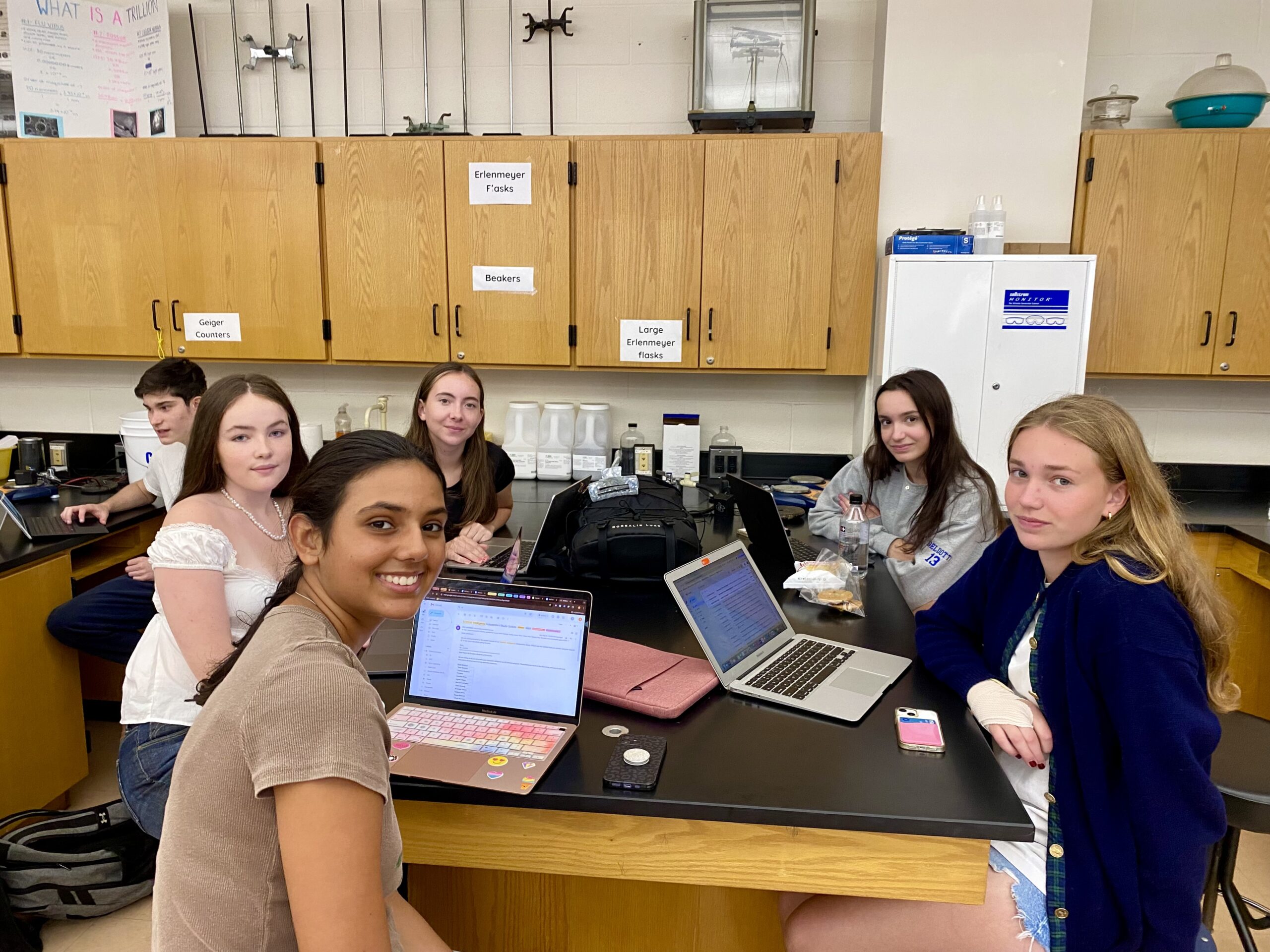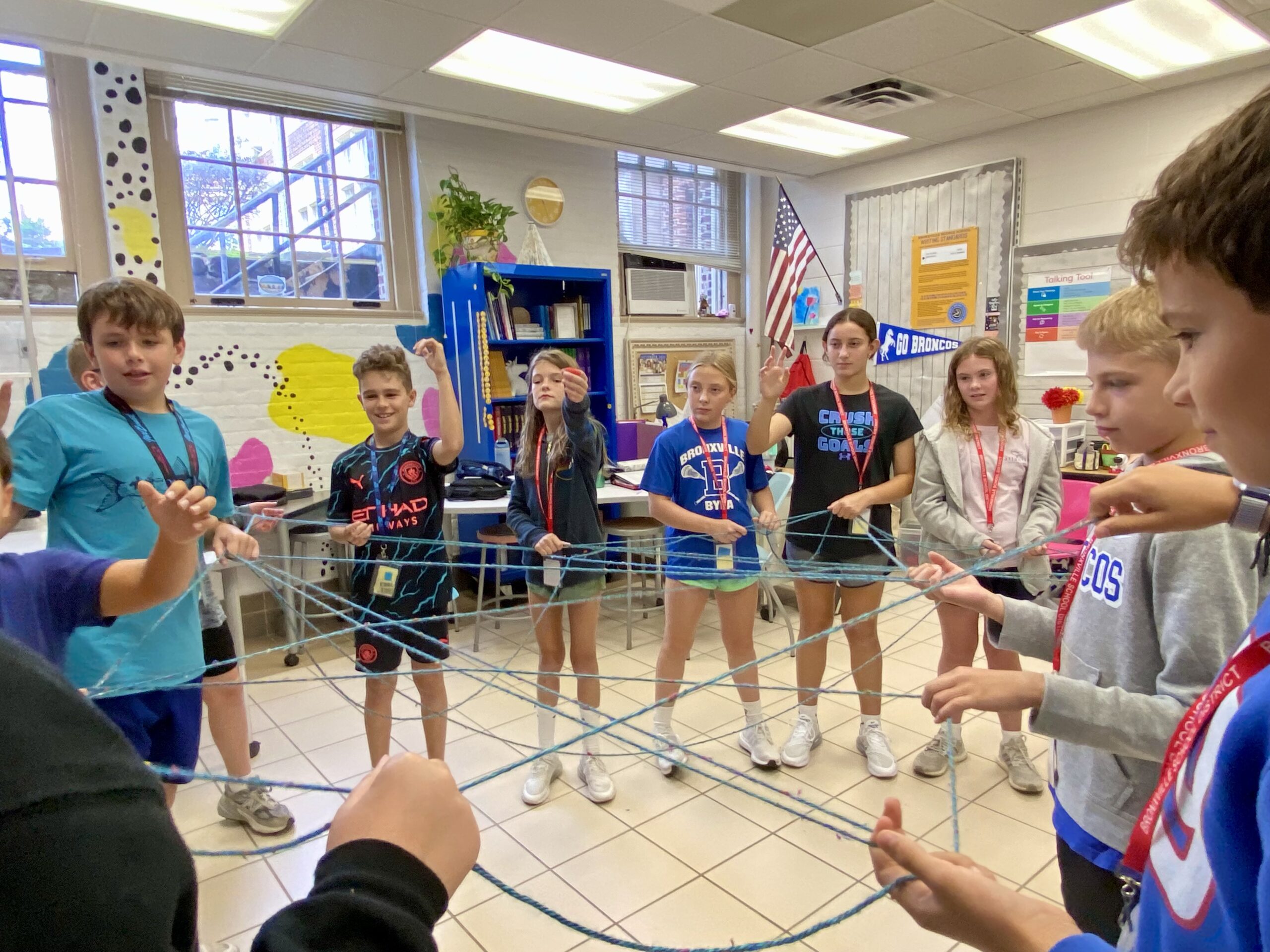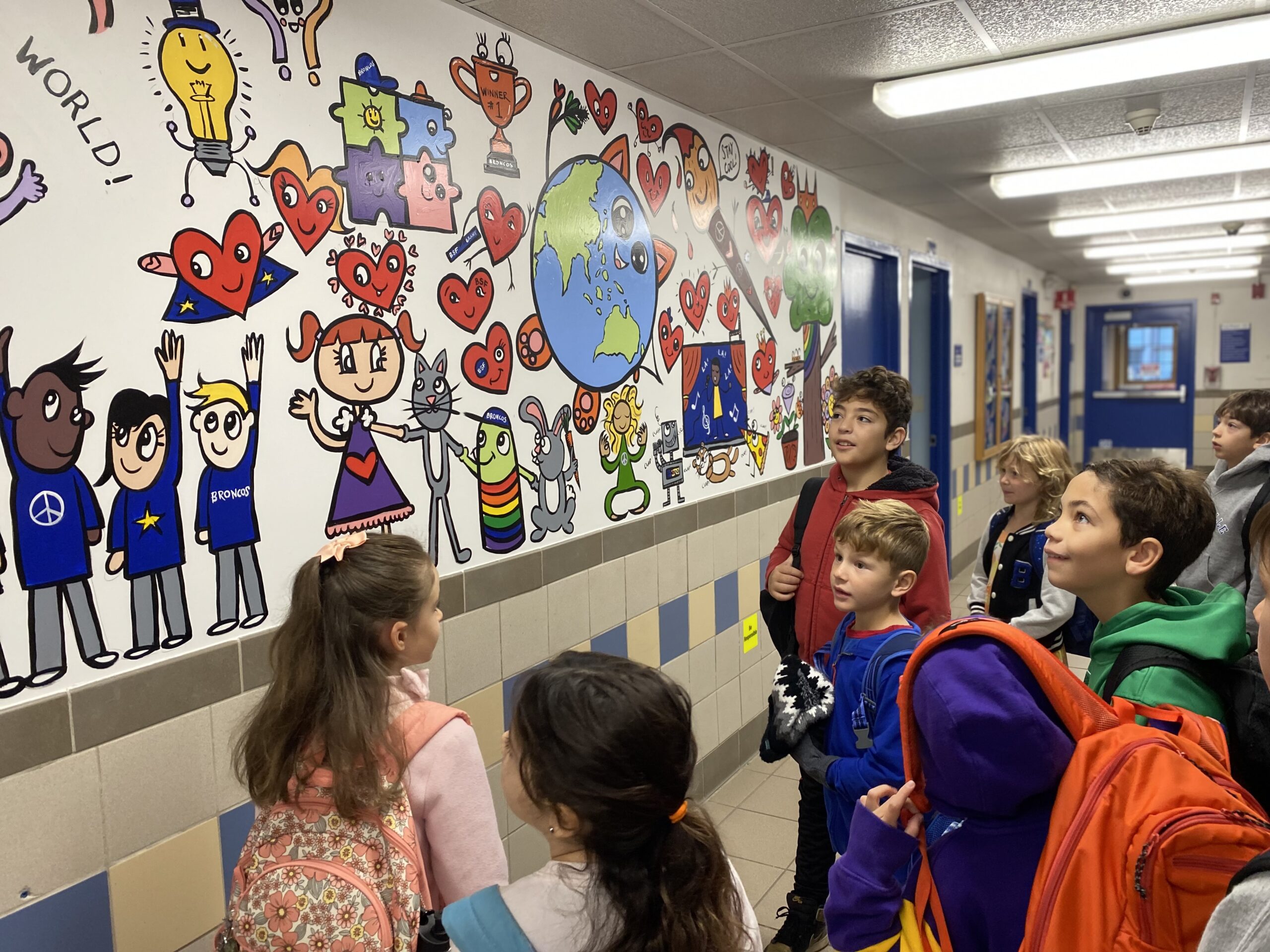A group of motivated students from Bronxville High School are sharpening their coding skills through an interdisciplinary, project-based artificial intelligence course, taught virtually by graduates from Stanford, Massachusetts Institute of Technology and other prestigious universities.
The students’ exploration into AI is supported through a generous grant from the Bronxville School Foundation, which funds an AI Scholars introductory course and the Deep Dive advanced course, and a one-on-one AI mentorship program for students who have completed the advanced track.
Eleanor Fahy, a sophomore, expressed her enthusiasm for applying AI to her passion for science.
“I want to do something in science, specifically in biology, and AI is so important,” Fahy said. “It’s going to be involved in every aspect of our lives. I’m really excited to learn and understand it more so I can apply it to my future.”
In the introductory course, students delve into machine learning algorithms and techniques through an engaging, hands-on approach, eventually applying their knowledge in live coding labs. They will also develop valuable skills in Python, machine learning and artificial intelligence. As a culminating project, they will complete an instructor-led group project, where the students will use AI to solve problems in the discipline of their choice, putting their programming abilities to practical use. The curriculum is designed to provide students with a firm understanding of AI concepts, such as computer vision, natural language processing and neural networks.
In the advanced course, the students engage with cutting-edge technical ideas through lectures and programming notebooks and discussions about ethical challenges in machine learning systems. The course also features workshops to help students design their own AI projects, and panel discussions from AI experts. As part of a multiweek final project, the students will apply innovative machine learning techniques to model real-world systems. Projects may include building a reinforced learning model for self-driving cars, preserving privacy in natural language processing models or using AI to detect skin cancer from photographs.
Vincent D’Amato, a junior, said he is excited about applying AI to sports analytics.
“AI interests me because it’s a new market, it’s untapped and it’s something that people could make a lot of innovations with,” D’Amato said.




